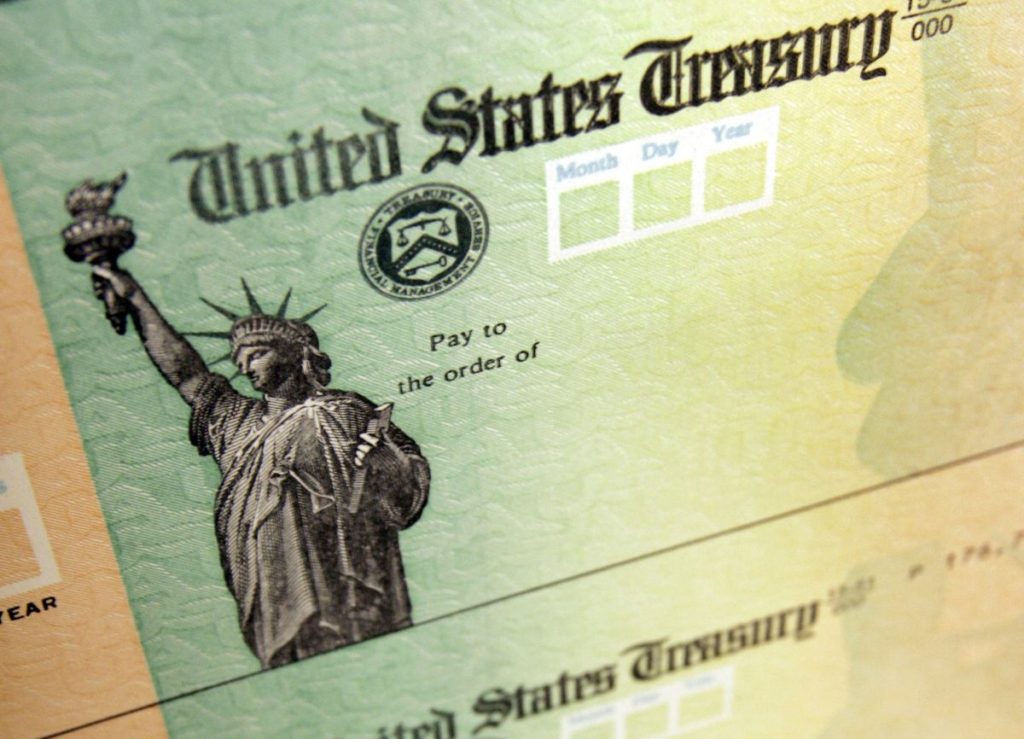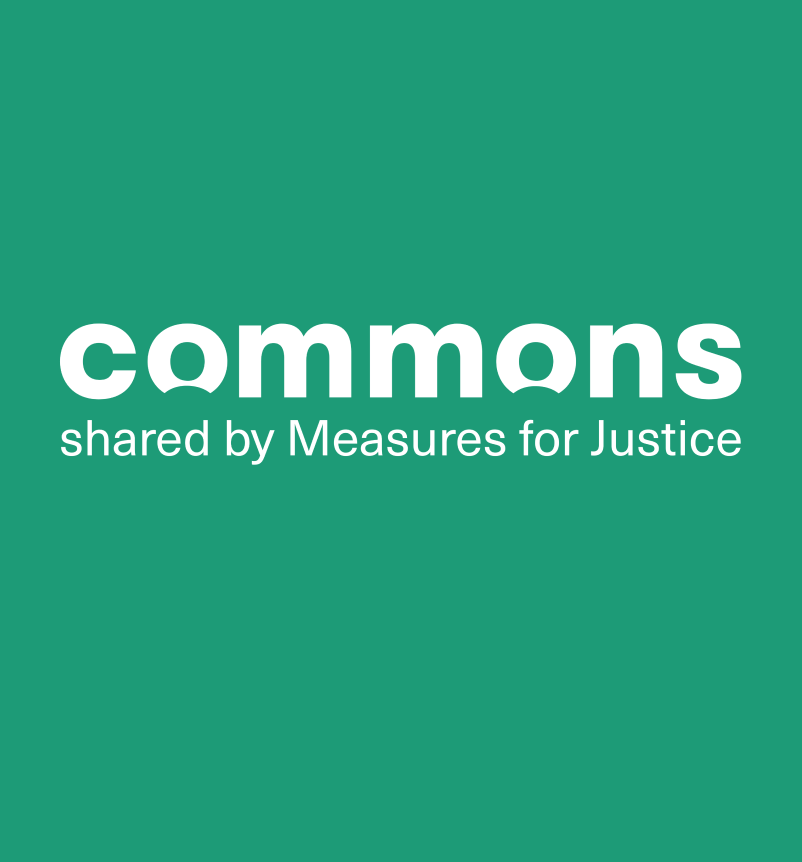(Woodland, CA) – (April 14, 2020) – Stimulus checks during the current COVID-19 crisis are on the way and the Yolo County District Attorney is warning the community to be alert and vigilant regarding scams and fraud intended to steal your money and your identity.
The coronavirus pandemic has changed almost every aspect of our daily lives. Many are working from home while others have lost their jobs. Everyone is anticipating the federal stimulus checks, which will be coming in the mail over the next few weeks. Though much in our lives has changed over the last month, one thing remains constant, scammers are still scamming.
The IRS is informing the public that taxpayers should be on the lookout for a surge of calls and email phishing attempts during this crisis, which lead to tax-related fraud, identity theft, and attempts to steal money. Taxpayers also should watch for text messages, website, and social media attempts to request money and your personal information.
Retirees are specifically being targeted by scammers looking to gain personal information because they don’t typically have to file tax returns. The IRS will never reach out to individuals by phone, text message, email, mail, or in person to ask for any kind of information to complete their economic impact payment.
The following is a list of tricks to be aware of which scammers might use to access information during this current crisis:
- Emphasizing the words “Stimulus Check” or “Stimulus Payment.” The official term used by the IRS is “economic impact payment.”
- Asking the taxpayers to sign over their economic impact payment check to them.
- Asking by phone, email, text, or social media for verification of personal and/ or banking information saying that the information is needed to receive or speed up their economic impact payment.
- Suggesting that they can get a tax refund or economic impact payment faster by working on the taxpayer’s behalf. This scam could be conducted by social media or even in person.
- Mailing the taxpayer a bogus check, perhaps in an odd amount, then telling the taxpayer to call a number or verify information online in order to cash it.
Additionally, the best way to establish whether the email or phone call you just got from an alleged institution is valid is to go directly to the source website and see if there are any actual announcements like it. And lastly, it is always important to have strong, unique passwords linked to each of your online accounts to have better security for your personal information.
District Attorney Jeff Reisig says you cannot be too careful, “If you receive suspicious communication like this, do not reply or provide any personal information and please ask a trusted friend or advisor for assistance verifying the request,” said Reisig. “There really isn’t anything that can’t wait while you check it out.”
If you receive these suspicious phone calls, emails, text messages, or social media messaging, please contact the Yolo County District Attorney’s Fraud Hotline at 1-855-4-YOLO-DA or your local law enforcement agency. Reports of suspected fraud can also be made online at https://www.yoloda.org/fraud-reporting or by email to fraud@yoloda.org. Also, if you believe your Economic Impact Statement has been stolen contact the U.S. Postal Inspection Service at www.uspis.gov/report or 1-800-ASK-USPS.
###


